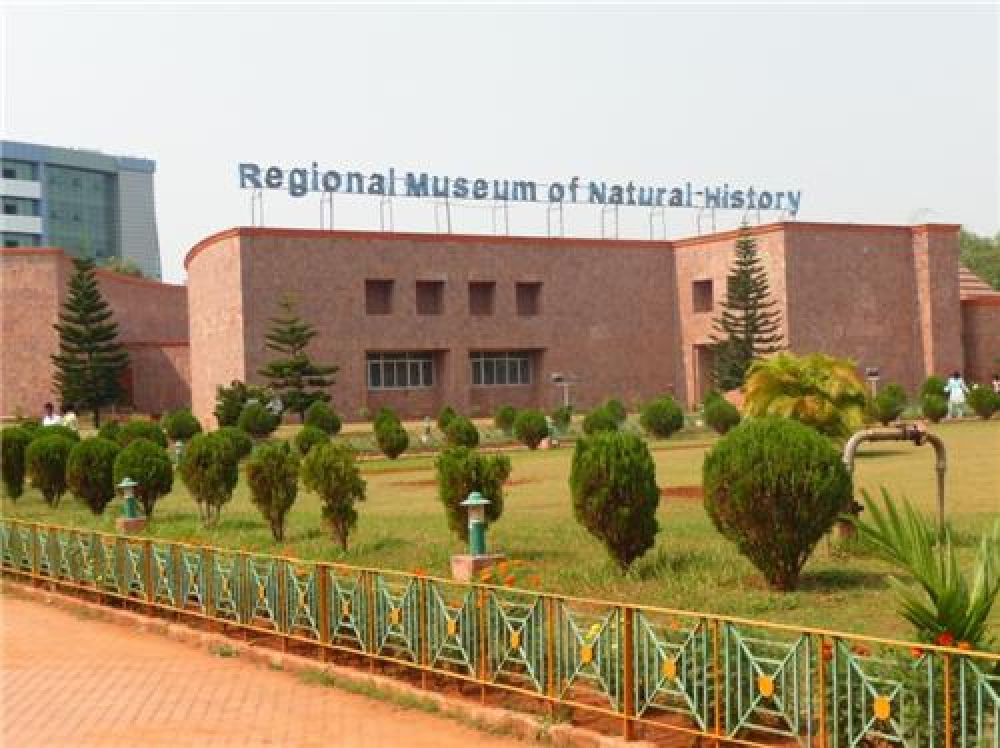

The Regional Museum of Natural History in Mysore, officially established in 1995, has been a significant educational and tourism hotspot in Karnataka, India. It was set up by the Indian Government to promote awareness about environmental conservation and to highlight the natural heritage of Southern India. The museum’s delightful exhibits and educative displays have drawn in countless schoolchildren, nature enthusiasts, and tourists over the years.
One of the main attractions of the museum is its depiction of the biological diversity, ecology, and geology of the southern region of India. The museum showcases a wide array of exhibits ranging from biological models, dioramas of forests, and displays of ecology to fossils and living plants in a mini-botanical garden. Its interactive exhibits have made it a popular destination for an engaging educational experience.
The museum has played a critical role in Mysore's tourism sector, adding to the richness and diversity of historical and cultural attractions in the city. Mysore, already famous for its palaces and festivals, with the addition of the Regional Museum of Natural History, has fortified its position as a city that celebrates both cultural and natural riches.
Visitors of the Regional Museum of Natural History are treated to a well-curated journey through the natural world. The museum offers educational programs for students and has facilities for scientific presentations, which aid in providing a comprehensive experience. The knowledge gained from a visit to the museum complements the overall historical narrative for which Mysore is renowned.
In recent years, there has been an increase in eco-tourism and sustainable travel practices, aligning with the museum’s principles. Tourists are now seeking experiences that are educative and environment-friendly, and the museum fits this niche perfectly. Additionally, with the advent of digital and social media, the museum is leveraging these platforms to reach a wider audience and to attract more visitors through virtual tours and interactive online content.
Despite its importance and popularity, the museum faces the ongoing challenge of maintaining a balance between increasing tourist footfall and preserving the exhibits and environment. Future directions for the museum entail enhancing visitor engagement through the use of modern technologies such as augmented reality (AR) and virtual reality (VR), which can provide immersive educational experiences while preserving the physical space and exhibits.
For those planning to visit the Regional Museum of Natural History, it is open every day except Mondays and national holidays. There are no entry fees, making it an accessible attraction for all. The museum is well connected by local transport and offers facilities such as a library, an activity room for children, and a discovery center to enrich the visitor experience.